The Basics of Sleep
How does sleep work?
Sleep allows the body and mind to recuperate. Without sufficient sleep, it’s difficult to regulate many natural processes, some of which can lead to further restlessness. Quality sleep is particularly important during menopause, where lack of sleep can exacerbate symptoms and good sleep may be more difficult to achieve.

When our sleep is insufficient, it can cause carbohydrate cravings, hindered stress tolerance, loss of focus, and reduced energy. All of this results in further damage to sleep and can become a dangerous cycle that’s hard to escape.
A typical night’s sleep consists of four to five sleep cycles. Sleep stages progress in the following order; N1, N2, N3, N2, REM. A complete sleep cycle takes roughly 90 to 110 minutes. The first REM period is short, and, as the night progresses, longer periods of REM and decreased time in deep sleep (NREM) occur.
How is sleep regulated?
Sleep is regulated by the amount of cortisol and melatonin in the body. A very stimulating day can lead to higher levels of cortisol than can be equalised by melatonin secretion. It is the secretion of sufficient melatonin that dampens the cortisol in the body and allows sleep to occur.
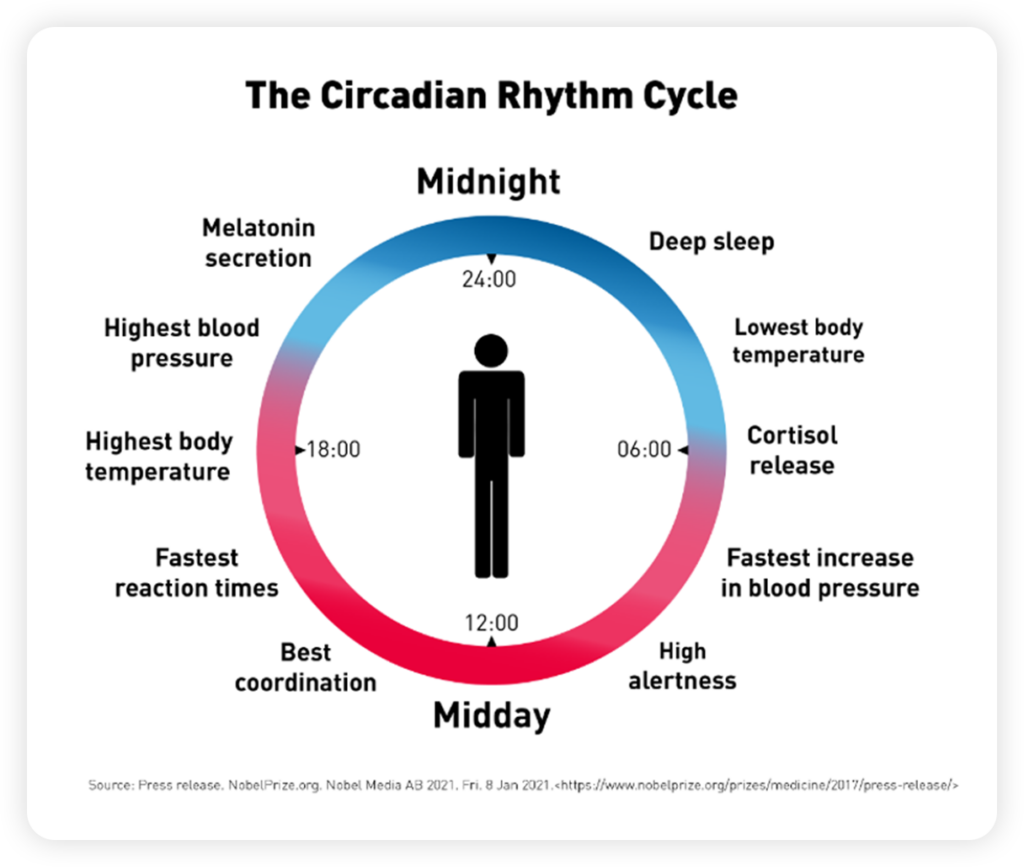
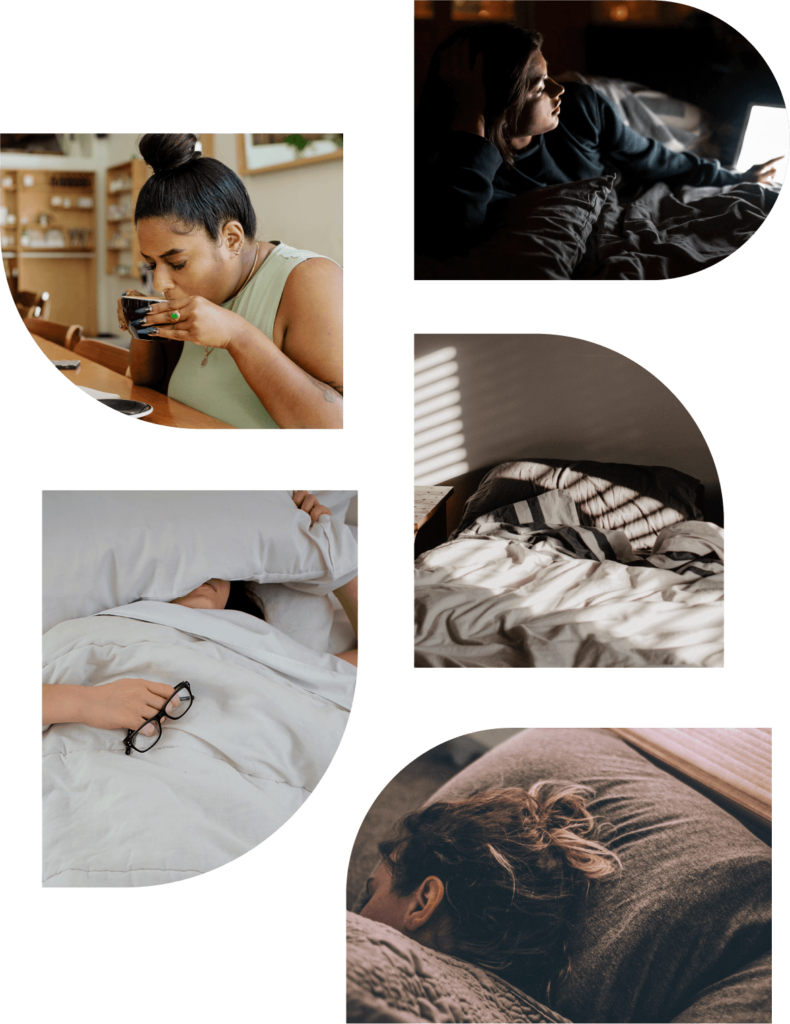
How can sleep regulation be disrupted?
There are a wide range of factors that can cause sleep disruption, but the basic process always involves either too much cortisol or insufficient melatonin production. Luckily, there are a range of things that we can do to reduce cortisol production during the day, and increase melatonin during the evening.
Stimulants/medication
- Caffeine and some prescription drugs (e.g. Thyroxine) can affect the ability to get to sleep and to sleep well.
- Alcohol is often thought to induce sleep, and to some extent it may, but the sleep is usually poor quality and disrupted.
- Deficiencies, for example iron deficiency, can cause issues such as restless legs, which impacts sleep.
Screens and lights
Use of electronic devices can increase cortisol levels and make sleep difficult. Some devices have settings that allow blue light to be switched off between specified hours, and this can help, but if getting to sleep is difficult then restricting technology in the evening will help.
Natural light
Cortisol and melatonin are influenced by the amount of natural light that our body is exposed to. Getting a dose of daylight and seeing the sunset both help to regulate sleep hormones.
Thinking/worrying
We all have things that we worry about and our brains often kick into overdrive at bedtime. This additional stress can stimulate cortisol and keep us awake.
Lack of sleep
Lack of sleep itself increases stress levels on the body, which increases cortisol and thus can generate a poor sleep cycle.
Why is sleep a particular issue in menopause?
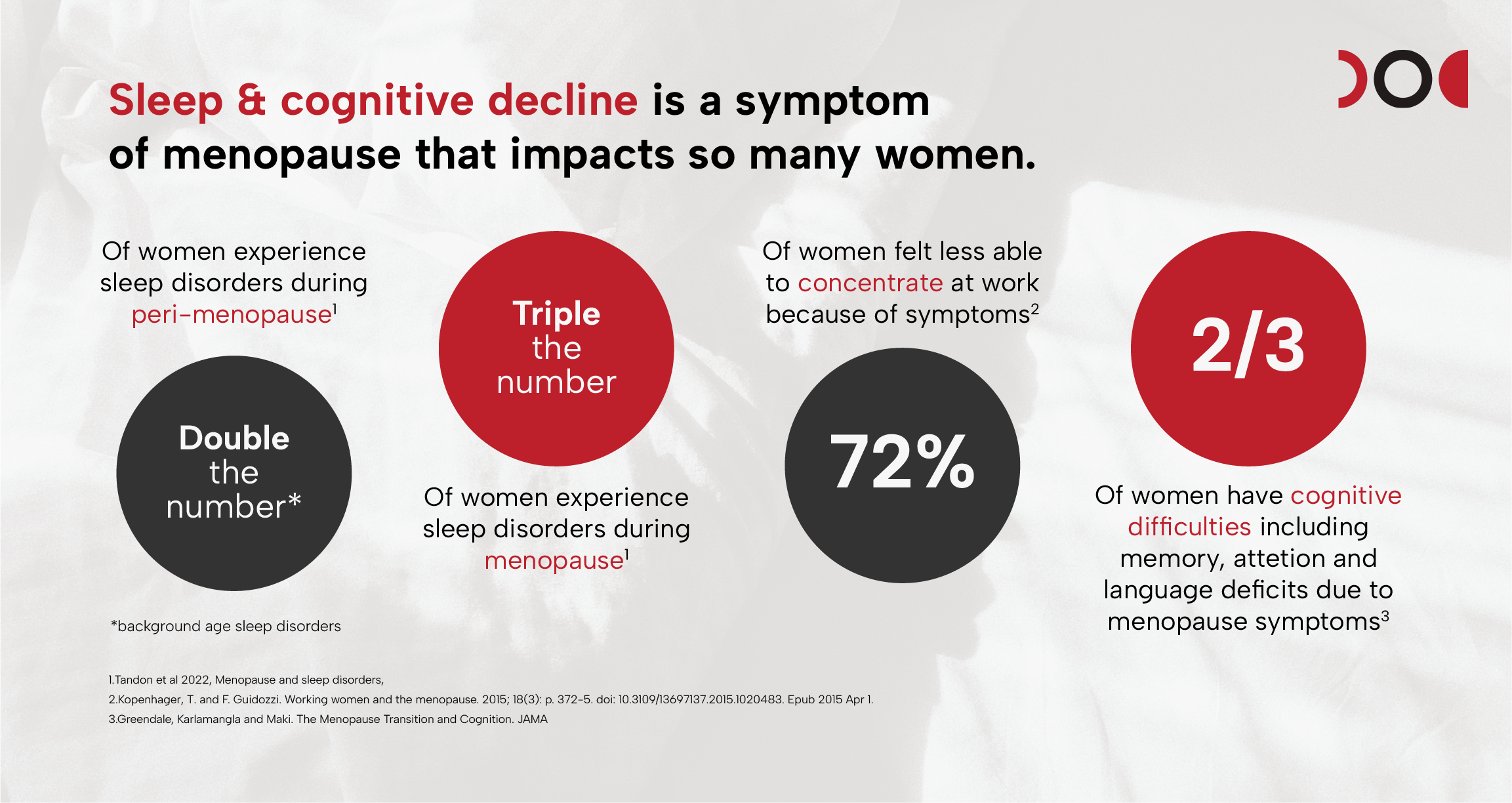
What can we do to help regulate sleep?
The aim in sleep regulation is to reduce cortisol levels later in the day and increase melatonin production in the evening. There are several lifestyle adjustments which can help you get more sleep.
Breathing exercises
Deep breathing exercises, particularly if done outside in sunlight, even for just a few minutes, can have a significant effect on cortisol reduction.
Manage stressors
- If you know there are going to be stressful issues to deal with in your day, try to address them in the morning to allow your cortisol levels to settle by the evening.
- If you know there is an issue that you will worry about later at night, talk it through with someone, decide on a plan of action prior to going to bed or even write the issue down on a list for the following day so that it’s parked rather than active.
- Alternatively, try distracting yourself by reading a book, or listening to a podcast.
- There are also specific cognitive behavioural therapies that can help with sleep. Consider seeing a psychologist if you would like to explore this.
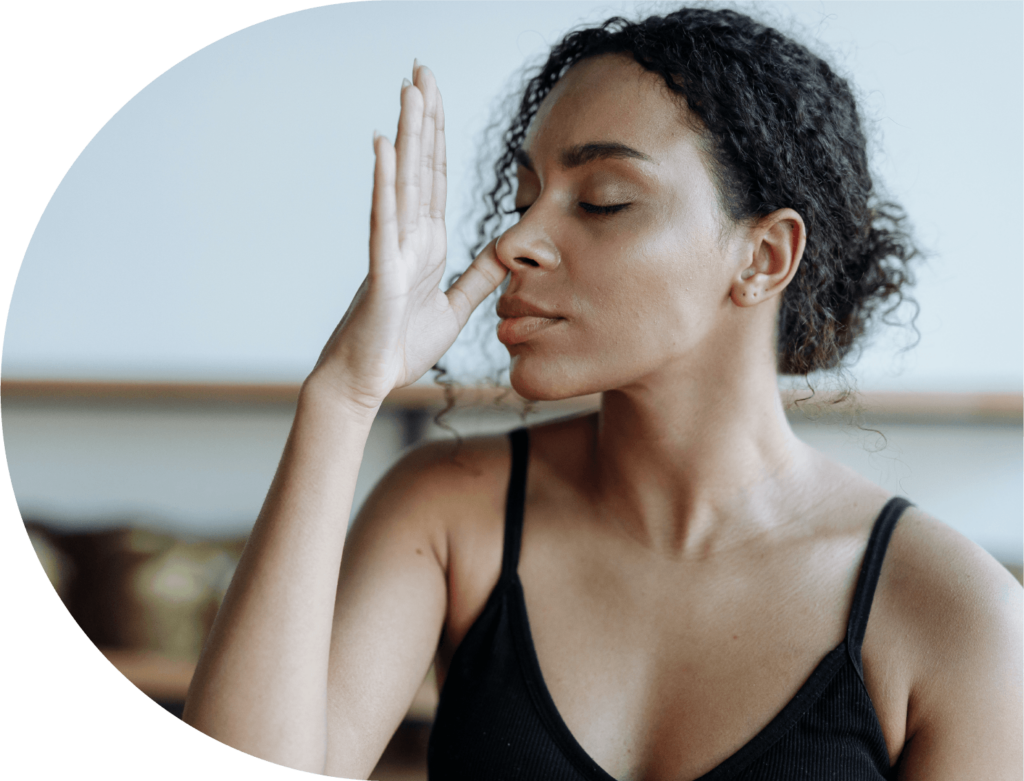
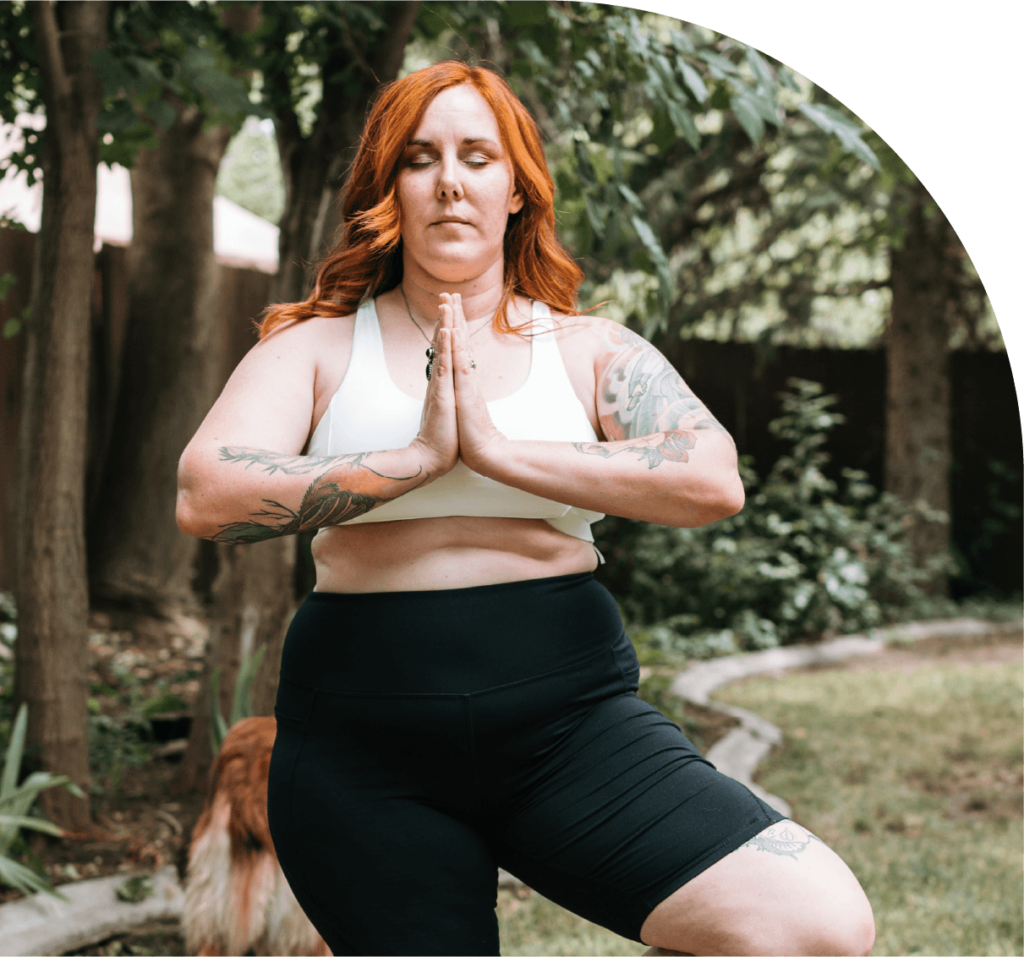
Exercise
Even a walk around the block will help to reduce cortisol levels, and simultaneously, access to natural light will assist with cortisol/melatonin balancing. Early morning movement is particularly beneficial for cortisol regulation.
Temperature
Science tells us that we sleep better when we are cooler. This can be especially difficult when dealing with hot flushes. So, some tips for temperature regulation in bed:
- Air conditioning
- Fans aimed right at you to help with air circulation
- A flexible ice pack wrapped in a tea towel
- Sleep with an open window
- A good quality, comfortable bed
- Cooling pillows https://www.goodhousekeeping.com/home-products/pillow-reviews/a25576293/best-cooling-pillow/
- Cooling blankets https://www.goodhousekeeping.com/home-products/g27471828/best-cooling-blankets/
- Layered bedding so that heat can be regulated for each person
- Cotton, rather than polyester attire
Food
In addition to caffeine and alcohol, spicy and sugary foods can diminish a good night’s sleep.
Foods high in magnesium, such as kiwi fruit, almonds, sesame seeds and bananas, can be helpful in promoting a good night’s sleep.
Snoring
Snoring reduces oxygen flow to the brain and can disrupt sleep. If you snore, then it’s important to chat with your GP.
Time
It’s impossible to get 8 hours of sleep if we only allow for 6 hours in bed. While we would all like more hours in the day, anything that comes at the expense of good sleep can be counterproductive to how good we feel and how capable we are of getting things done.
Melatonin supplements
This should be a last resort once all other methods have been tried. If this turns out to be the only remedy for you, talk to your GP.
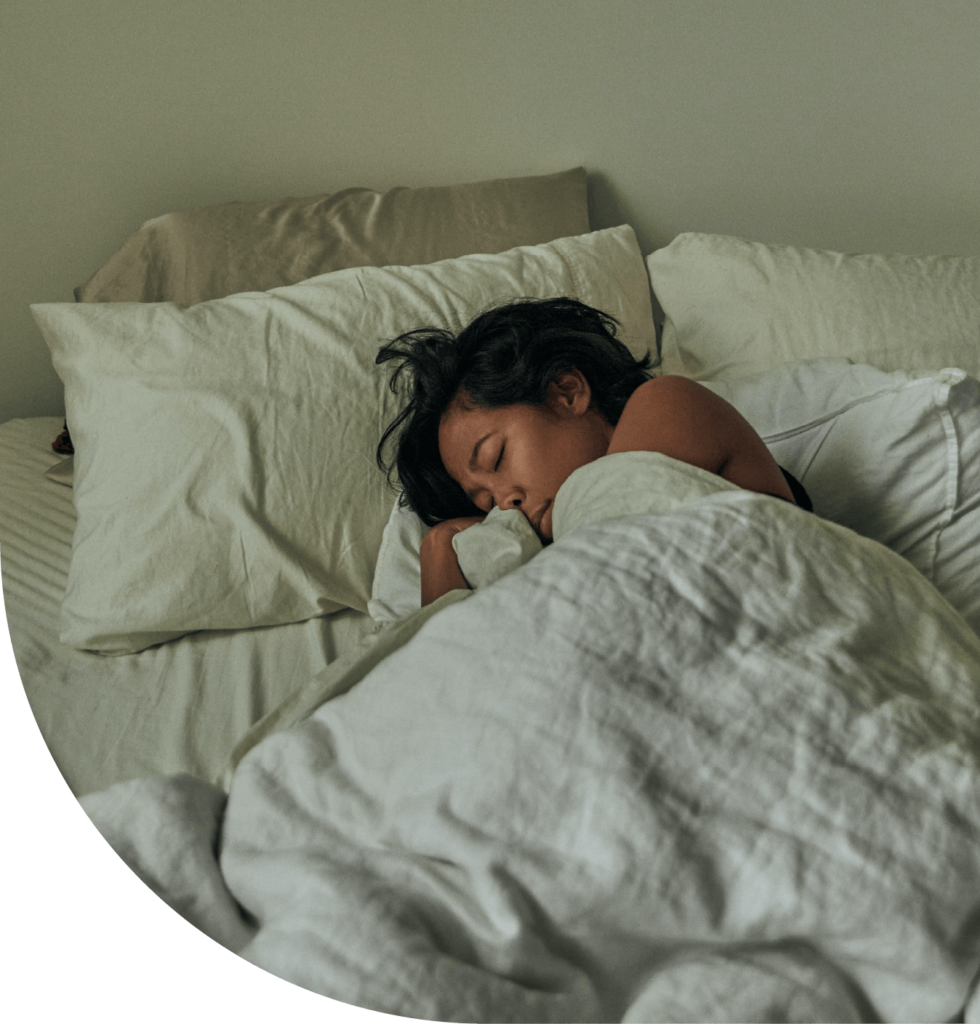
Patient Information
General Information
Sleep 101
Why sleep is so important
Best podcasts to promote sleep
Take a few minutes this week to reflect on your current menopause journey with your Personal Reflection Worksheet.